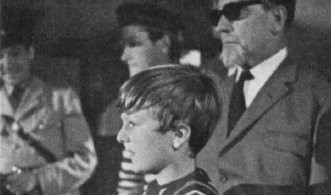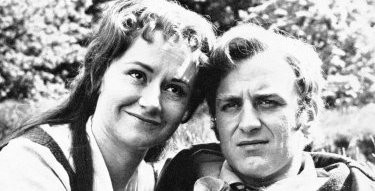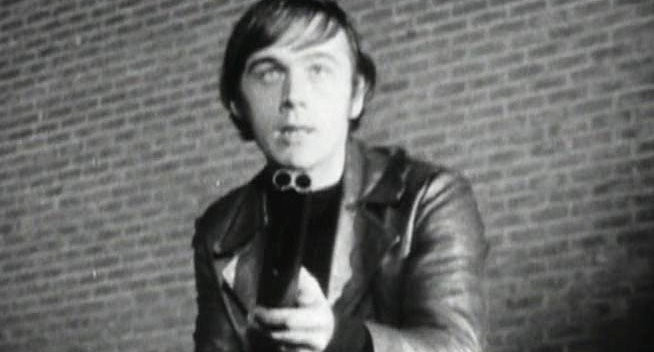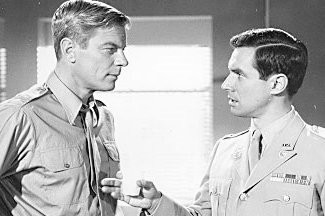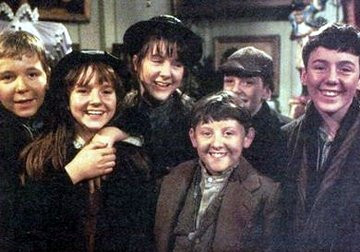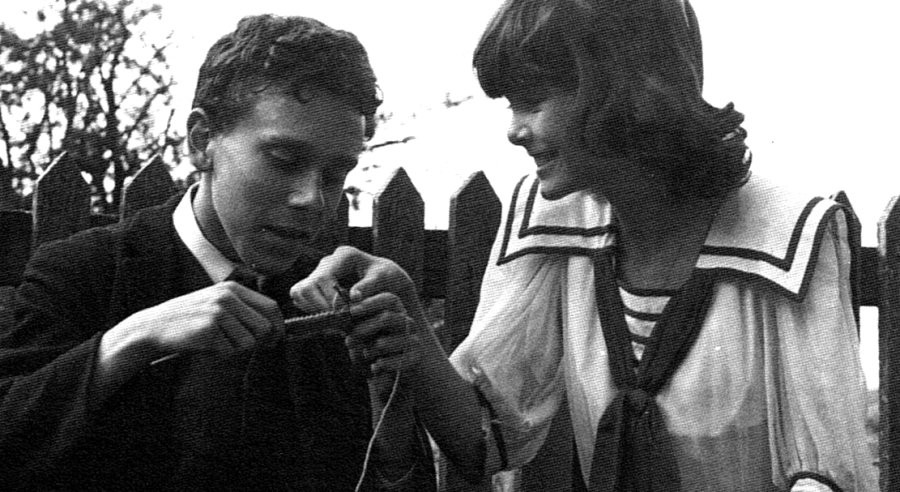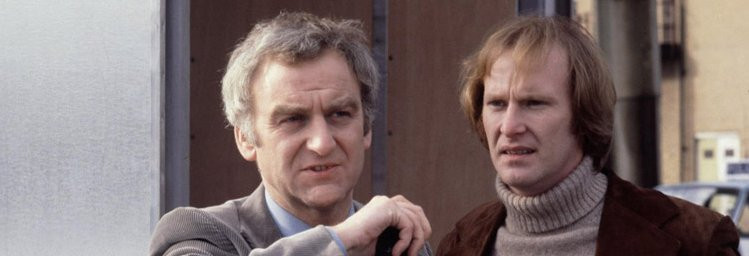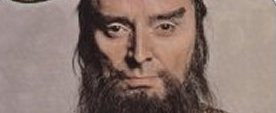
Judge Dee
1969 - United KingdomAncient Chinese detective stories written in English by a modern Dutch diplomat, the Judge Dee stories first appeared in print in 1949 but soon drew praise from such connoisseurs of the genre as Agatha Christie and J. B. Priestley and also became best sellers throughout Asia.
The lore of ancient China had fascinated author Robert van Gulik since he was a student. He translated an 18th-century detective story by an unknown Chinese author. It was called 'Dee Goong An', or 'Criminal Cases Solved by Judge Dee', and featured the exploits of Dee Jen-djieh (or Di Renjie), a magistrate who lived in the seventh century A.D. Having spent most of his career in the Far East, (he served as Dutch Ambassador in Malaya, Japan and Lebanon), Gulik had noticed how popular British and American crime stories were, especially in China and Japan where the book stalls were filled with what he considered 'third rate' novels. Drawing on the old tales, he wrote new stories about Judge Dee, drafting them into English, for translation afterwards into Chinese and Japanese. He chose Judge Dee as his hero because more was known about him than any other investigator.
Dee was a serving magistrate in various provincial towns and solved a great number of crimes (it was said that he judged some 17,000 cases within a year). At that time the district magistrate was known as "the father-and-mother official". He had to be a detective, prosecutor, judge and jury all in one and his power was formidable. Dee became a statesman of national importance who opposed the cruelty of Empress Wu. Captured and tortured and sentenced to death by his enemies, Dee escaped and returned to power foiling a scheme by the Empress to put an unlawful heir on the throne. It was during the early period of Dee's life that Gulik set the stories, sometimes borrowing the plots straight from old Chinese stories.
In 1969 the stories were adapted for the small screen by John Wiles. "I began," said Wiles in a TV Times interview, "by thinking in terms of 'Z-Cars', but I soon realised I was wrong. To bring atmosphere we had to be deliberately theatrical. Judge Dee is a larger-than-lie character. The problem is to keep him from being too large for the television screen."
The series starred Michael Goodliffe as Dee with Garfield Morgan as Tao Gan and Arne Gordon as Ma Joong, the judge's two assistants. Unfortunately, it was not a ratings success. Critics complained of the series inability to translate the panoramic view of Imperial Chinese society, its excessive concentration on Dee's relationship with his wives rather than the crime he was investigating and the intrusive dance routines that appeared to interrupt the plot of each episode. Something of a missed opportunity, overall.
Trivia: When Gulik began writing the Dee stories he noted the difference between Eastern and Western crime stories. Chinese stories followed a strict pattern. The detective, always a magistrate, investigated three cases at once. In the final chapter Chinese readers liked to see the criminal exposed and punished - bloodily as a rule. Some conventions Gulik changed to suit modern tastes. The old Chinese preferred to know the criminal's identity from the start, so they could watch the moves and counter moves like a game of chess (the format adopted with great success for the US detective series 'Columbo').
Seen this show? How do you rate it?
Seen this show? How do you rate it?
Published on December 28th, 2018. Written by Adapted from original TV Times article dated April 5th 1969 by Marc Saul (2008) for Television Heaven.


